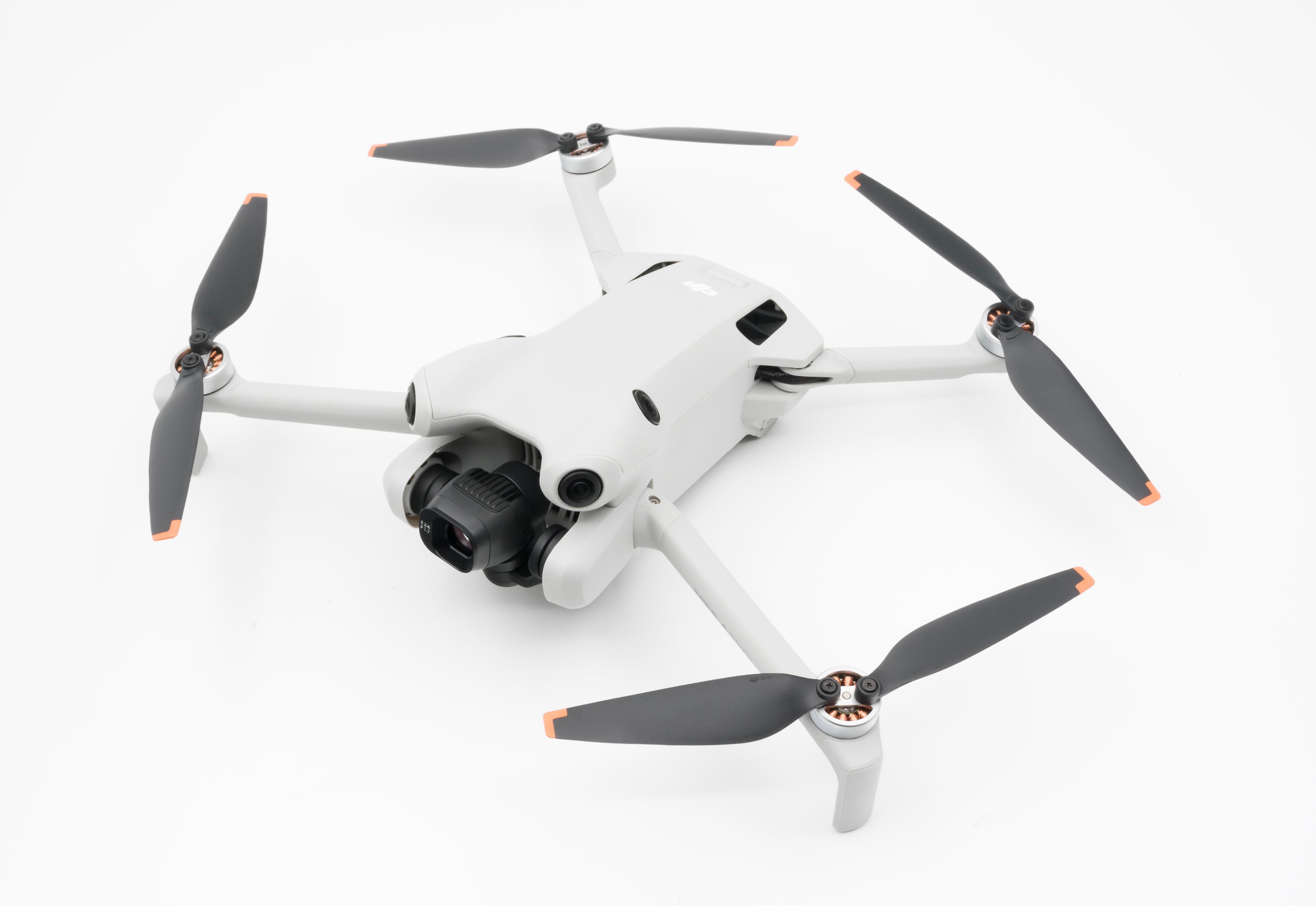Today in Edworking News we want to talk about DJI ban passes the House and moves on to the Senate.
In a vote along party lines, the National Defense Authorization Act (NDAA), a must-pass bill that funds the Department of Defense for the next fiscal year, was passed by the House of Representatives. Within that bill is a small section that bans DJI from using the FCC frequencies. After two days of debating and voting on amendments to the 2025 NDAA, the House voted and passed the bill that includes a ban on DJI drone usage in the United States.

Image Description: A DJI drone hovering in the sky.
The NDAA funds all elements of the DoD and national defense operations of the Department of Energy, and every year a new version of this becomes law for the past six decades. What was once a bill one page long with only three sections, is now over 1000 pages with even more sections, many of which don’t have anything to do with funding the military. One of these sections, H.R. 2864, or the Countering CCP Drones Act, was added to the bill and can be found under Section 1722.
For those who are just hearing about this for the first time, it would remove DJI’s ability to get approval from the FCC, banning any future drones from being imported and possibly grounding current drones. The bill, as it stands, does not provide any compensation to those that could be affected by this ban if it is retroactive. The NDAA had wide bipartisan support until Thursday when House Republicans tacked on partisan amendments and the Left whipped its members to vote against it. So when the House came to vote on the NDAA Friday, the vote was pretty much along party lines.
However, this should not be taken as Democrats being against the ban. Anti-China legislation is popular on both sides of the aisle. The bill has already started working its way through the Senate. If it passes the Senate then it will go to the President’s desk for signature into law. After that, the ball is in DJI and the public’s hands if any legal challenges are attempted.
This ongoing DJI ban underscores some critical realities for startups and SMEs in terms of regulatory risks, international trade impacts, and the importance of market diversification. Drones play a pivotal role in various sectors - from agriculture to logistics and entertainment. Hence, this legislative move will have far-reaching consequences.

 Remember these 3 key ideas for your startup:
Remember these 3 key ideas for your startup:
- Regulatory Awareness:
Startup and SME leaders must actively monitor and adapt to regulatory changes. Upsets like the DJI ban can ripple through the tech industry, impacting supply chains, operational capabilities, and market dynamics. Staying updated can help in preemptive strategic decision-making. - Diversify to Mitigate Risks:
Relying heavily on a single provider or technology can lead to unexpected vulnerabilities. Diversifying your vendor relationships and technology stack ensures that a sudden market or regulatory shift doesn't leave your business stranded. - Innovation and Adaptation:
In the face of external disruptions, innovation is your best ally. Explore alternative technologies and innovative practices to maintain your competitive edge. For instance, looking into domestic drone manufacturers or new tech solutions can cushion the impact of such bans.
Edworking is the best and smartest decision for SMEs and startups to be more productive. Edworking is a FREE superapp of productivity that includes all you need for work powered by AI in the same superapp, connecting Task Management, Docs, Chat, Videocall, and File Management. Save money today by not paying for Slack, Trello, Dropbox, Zoom, and Notion.
For more details, see the original source.






